
U.S. immigration law has many policy potholes.
Citizenship rules for adopted immigrant children is one such problem.
Brought here as youngsters, thousands end up living their adult lives without a country they can truly call home.
Call Today:


U.S. immigration law has many policy potholes.
Citizenship rules for adopted immigrant children is one such problem.
Brought here as youngsters, thousands end up living their adult lives without a country they can truly call home.

You’ve rushed to make it to your green card interview on time. You ate a skimpy toast and jelly breakfast before you headed out. You carefully avoided reckless speedsters and lane changers on the freeway and then manuevered around large trucks on the streets moving slightly faster than a wounded snail. You breath a sigh of relief. You’re on time.
You’re ready for your big moment. You’re glad that you took time to put your face mask in your purse the night before and your papers are loosely thrown together in a tote bag. All you need now is for the others to arrive. You walk up to the security guards.
Little do you suspect that you have already run afoul of the new COVID-19 rules for USCIS interviews.
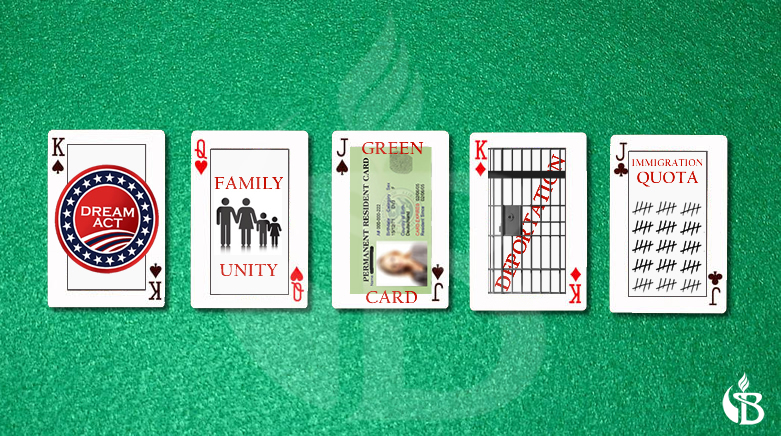
Joe Biden was in Florida over the past weekend. While there, he visited both Little Haiti and Little Havana, communities with distinct political views.
Although the issues at the two events differed, together they paint a picture of how the Biden presidency plans to handle immigration policy.
Looking forward, the potential for program reversals from the Trump era is ample reason for all immigrants living in the U.S. to support the Biden-Harris ticket.
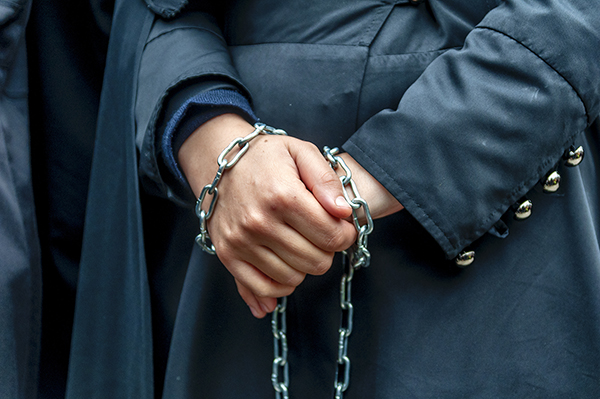
Phorm Tem, a California resident, was deported in October 2017.
In June 2020, he was sworn in as a U.S. citizen, the first and only Cambodian deportee to earn this privilege.
Except for the ending, Tem’s story is symbolic of the plight more than 16,000 Southeast Asian refugees – from Cambodia, Vietnam, and Laos – who fled their homelands as children during the Vietnam War and its aftermath have endured in the United States.

As you’re likely aware, the future of the Deferred Action for Childhood Arrival program has been one of the top immigration news stories over the past few weeks.
Commonly known as DACA, the fear was that over 700,000 immigrant youth would face deportation if the Supreme Court rules in favor of the Trump Administration.
I disagreed with that assumption.
Win, lose, or draw, I did not think, as I wrote in various articles, the Supreme Court decision would be the final word. I still hold to that perspective.

A little knowledge can be a dangerous thing.
Especially when it comes to immigration law.
And programs like the U Visa.
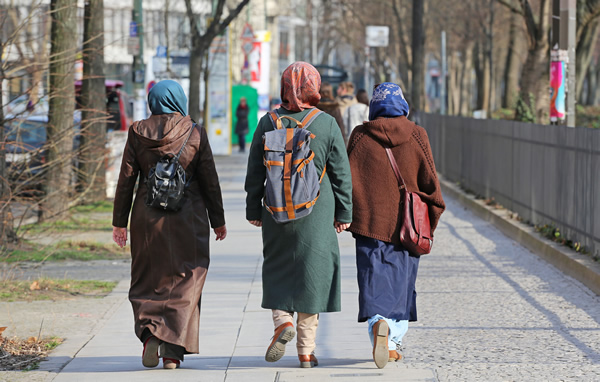
I’m not an unequivocal fan of Lozada motions to reopen cases for ineffective assistance.
It’s not that I think immigrants are never the victim of incompetent guidance, duplicity, or outright corruption.
It’s not that I think lawyers, like judges, are incapable of mistakes.

If you continue reading this blog post, you might be placing me in line to face criminal charges.
Why?
Because my commentary could be knowingly or recklessly encouraging or inducing an undocumented immigrant to come to, enter, or reside in the United States in violation of federal law.
In other words, by doing what a lawyer is supposed to do.
By adhering to my professional duty to care, protect, and guide clients.
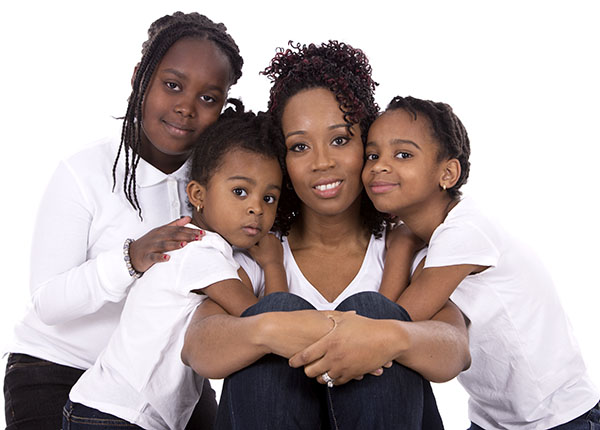
The road to permanent residence for Jamaican immigrants in the United States can take two decades to complete. Even for parents who have earned naturalization status, the process requires navigating a family unity visa system with a long and growing backlog. Such waits are not uncommon for immigrants from Jamaica. This article shares the story of one mother and daughter who survived the ordeal. It also calls for fixing the green card system now in place.
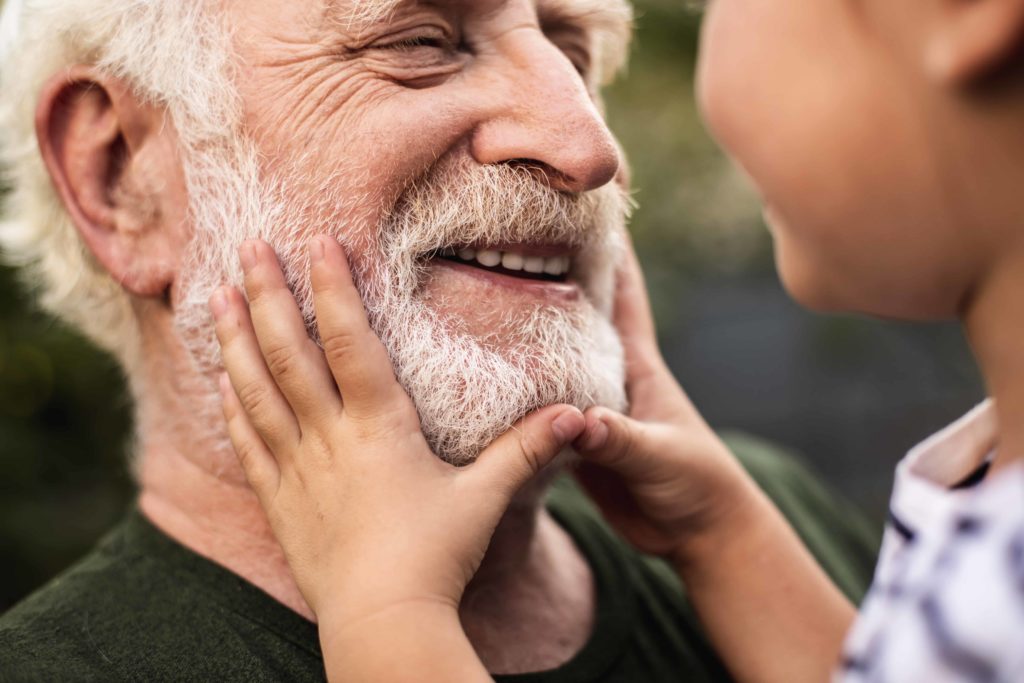
Here’s an interesting idea for family-friendly immigration reform.
Ancestry Visas.
It’s a concept I learned about while doing research about immigration issues in the United Kingdom.